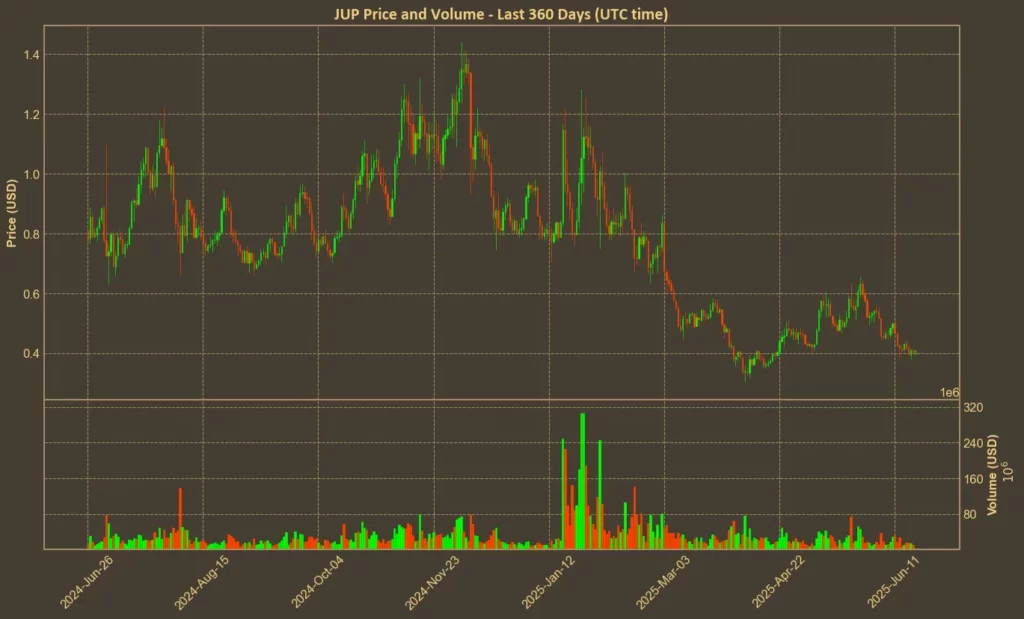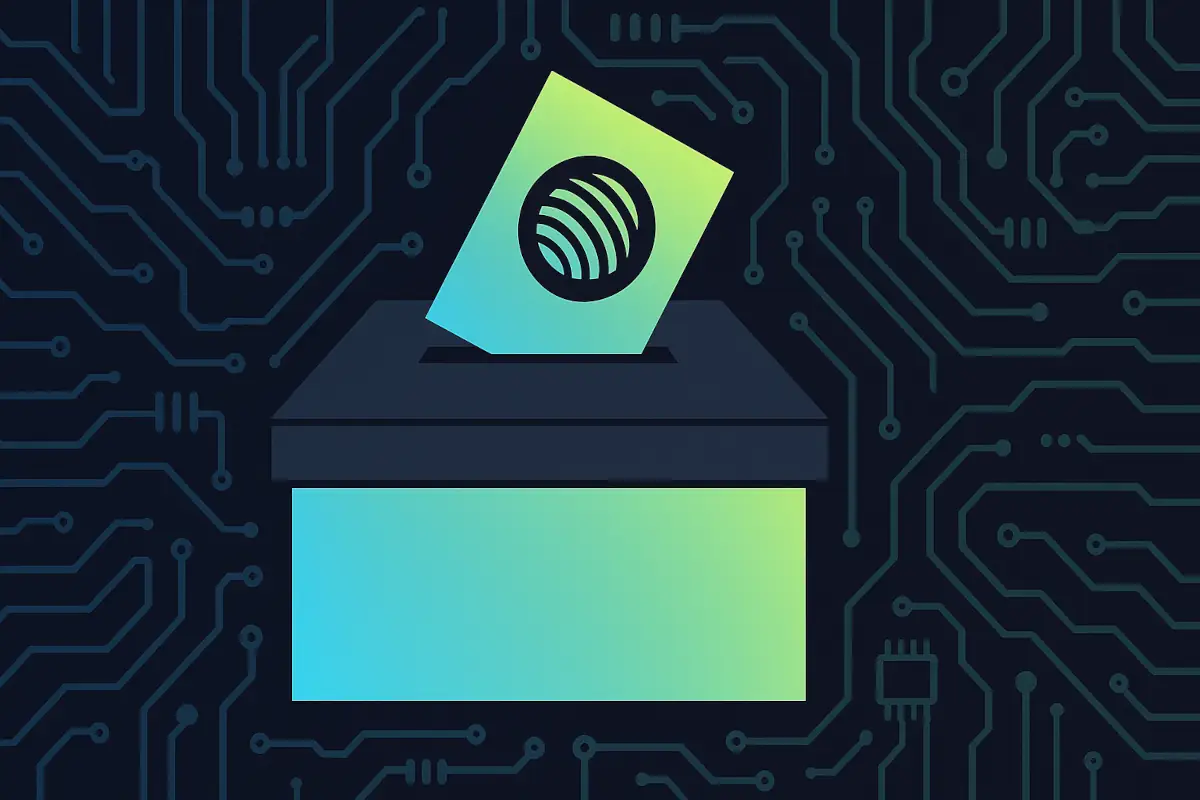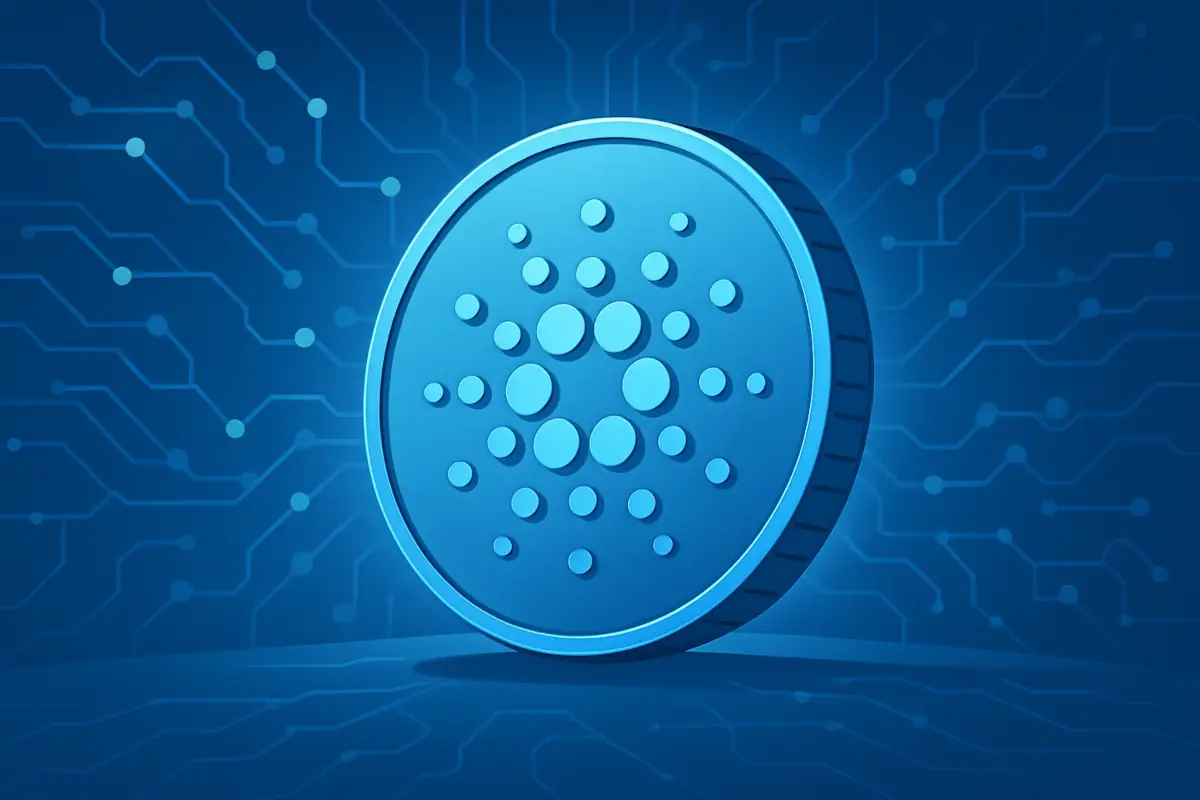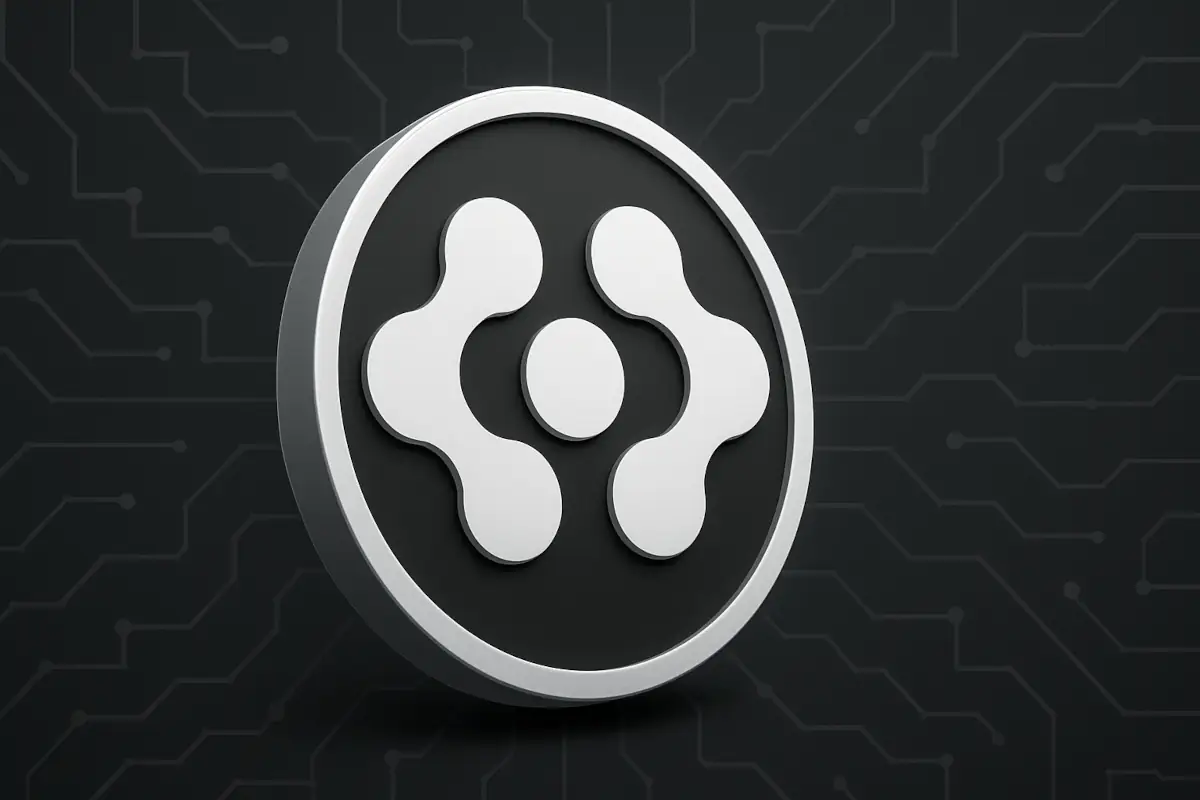Jupiter has officially announced a suspension of all DAO voting through the end of 2025. The decision was shared in a public statement citing growing community fatigue, a breakdown in trust, and ongoing governance friction as core reasons. DAO-based proposals and voting activity will be paused, with no new governance initiatives expected until 2026.
The Jupiter team described the pause as necessary to enable faster execution on development goals, including new product rollouts such as Jupiter Lend, Jupiter Mobile, and the upcoming jupnet platform. During this period, stakeholders including token holders, contributors, and the core team are expected to work toward building a more unified structure for governance.
Table of Contents
No New JUP Emissions or Treasury Spending
As part of the voting freeze, there will be no new emissions from the DAO Treasury. The only exception will be already-approved budgets for existing Work Groups. This includes the continuation of ASR (Active Staker Rewards), which will remain available at the previously agreed rate of 50 million JUP per quarter, extended through Q4 2025.
The DAO Treasury – referred to internally as the Litterbox Trust – will remain locked until 2027, and no new DAO-funded initiatives will be introduced. Any community development efforts during the freeze will be funded directly from Jupiter’s operational treasury. Revenue from jupSOL staking will continue to accrue to the DAO treasury, but will not be accessed until the governance process resumes.
Read also: Jupiter Launches Solana-Based Lending Platform
Plans to Resume Governance in 2026
Jupiter confirmed that DAO voting is scheduled to return in 2026 with a redesigned structure. The aim is to improve cohesion and reduce division, with a new framework that focuses on clearer capital allocation, accountability, and a streamlined decision-making process.
The current structure, according to the announcement, was not functioning as intended. Jupiter cited a “negative feedback loop” that developed from repeated governance conflicts, with proposals increasingly generating public disputes, fear, and distrust across different parts of the community.
The upcoming changes are expected to focus on unifying token holders, contributors, and the team under a refreshed system that supports long-term growth. Feedback Forums and discussions will continue during the pause, with the goal of shaping governance tools and processes for the future.
Market Context and Token Performance
Following the announcement, JUP is trading near $0.41, not moving much. The token has experienced a significant price decline over the past year, including a drop to an all-time low of $0.30 two months ago. Although JUP briefly rallied to above $0.60 in late May, the momentum did not hold, and the token is currently in a downward trend.

With the removal of short-term incentives tied to voting activity, the team suggested that some of the selling pressure on the token might ease. However, no immediate impact on market performance has been confirmed.
What’s Next?
While DAO voting is paused, previously funded Work Groups will continue their operations. The ASR program remains unchanged for active stakers, and the Community Reserve and Litterbox Trust will not be accessed during the freeze. These measures are intended to preserve existing commitments while the governance model is restructured.
The Jupiter team stated that this governance pause is not a permanent shutdown but a temporary hold to prepare a more functional version of the DAO. The updated system, expected in 2026, will aim to address prior challenges and provide a renewed foundation for decentralized participation.




